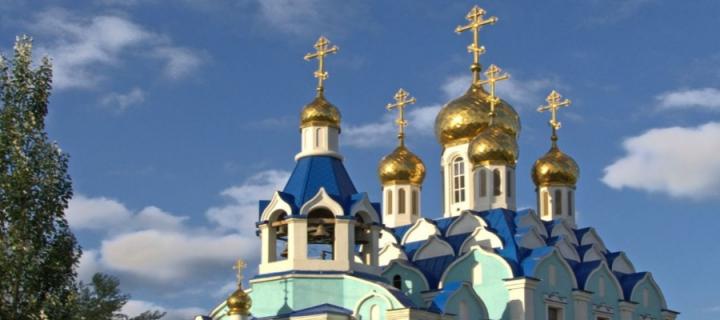1900 Commerce Tacoma, Washington 98402-3100 (253) 692-4000 or toll-free 1-800-736-7750 [email protected] Modified: May 15, 2018
Apr 07, 2014 · Restrictions on Women’s Religious Attire. More countries restrict women’s ability to wear religious symbols or attire than require women to dress a …
Find U.S. Department of State programs for U.S. and non-U.S. citizens wishing to participate in cultural, educational, or professional exchanges.
The Kievan period. The Christian community that developed into what is now known as the Russian Orthodox Church is traditionally said to have been founded by the Apostle Andrew, who is thought to have visited Scythia and Greek colonies along the northern coast of the Black Sea.



Election 2016; Trump and Russia; Social media; Russian Trolling of US Social Media May Have Been Much Greater Than We Thought Russian Trolling of US Social Media May Have Been Much Greater Than We Thought




Welcome to Russia. The Russian character has been formed over centuries and traditions persist despite 70 years of communism. America and Russia Similarities



Various lists of the largest religious groups in the United States.
The side of a ship on which it was laden (that is loaded) was called the ladeboard, but its opposite, starboard, influenced a change in pronunication to larboard.
Concept and etymology. Religion (from O.Fr. religion religious community, from L. religionem (nom. religio) “respect for what is sacred, reverence for the gods”, “obligation, the bond between man and the gods”) is derived from the Latin religiō, the ultimate origins of which are obscure.
Between 1991 and 2008, the share of Russian adults identifying as Orthodox Christian rose from 31% to 72%, according to data from the International Social